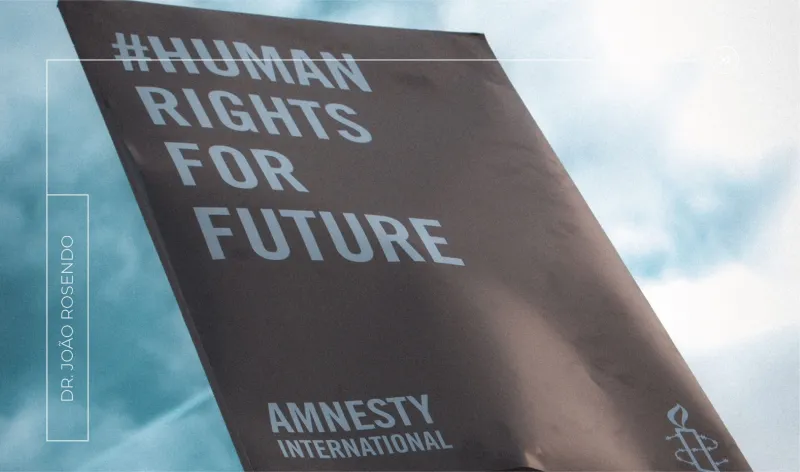Publications
Wars have rules!
In order to understand the international phenomenon and its legal regulation, it is essential to understand the globalized world, in which cooperation and national interests become the target of a joint analysis. If the great challenge of International Law in the 20th century was the extraordinary expansion of its scope of action, the task, no less demanding, for the 21st century will be to find mechanisms that will guarantee its effective implementation in the global scenario.
Current international law is evolving towards a global society concerned with human rights and this evolution raises limits to the sovereignty of the national justices of states. The legal constructions around war crimes and crimes against humanity show that the conception of sovereignty is evolving.
The multiplication of armed conflicts has put to the test the application of humanitarian law regimes, in particular the 1949 Geneva Conventions and their Additional Protocols, as well as other conventions and protocols covering specific aspects of the International Law of Armed Conflicts. In fact, the essence of these norms helps to maintain a minimum of humanity during wars, or at least it should.
International humanitarian law (IHL) includes several principles aimed at guaranteeing the distinction of persons and civilian objects. As an example, it is stipulated that combatants in an armed conflict have an obligation to distinguish themselves from the civilian population (usually by wearing a uniform). It also includes a set of restrictions on means and methods of combat (especially military weapons and tactics).
Nevertheless, the challenges of IHL continue to be of enormous complexity, due to the multiplicity of new elements inserted in the theaters of war. The technology applied to weaponry, namely remote-controlled weapons systems, the rising of automatic weapons, and certain autonomous systems, such as combat robots, that are being considered for the future. The very protection of journalists who are exposed to extreme danger remains in a kind of vacuum in the legislation. Naturally, these new means and methods of warfare pose legal and practical challenges in ensuring that their use complies with existing norms and that due consideration is also given to the foreseeable humanitarian impact of their use.
Seen from a distance, many of the existing norms can be camouflaged in reality. In our eyes, each and every war is harmful to the development of humanity, and everything seems to us the same as the testimony described by Father António Vieira, in Brazil in the 17th century. In the sermon of the Cathedral of Bahia, in the year 1669, he described it like this:
“…The ruined cities and towns, the temples and altars desecrated, the people of every state and condition, and every sex and age despised and in a thousand ways oppressed, the innocent women and children given over to the fury and greed of the barbarians, cruelties, abuse, martyrdom, and so many other types of heretical tyranny, contrary to all faith and people’s rights, and in no way understood under the name of war; this is the war we suffer”.
IHL is and will continue to be an unfinished work, which requires work, commitment, and the ability to innovate, to perfect it and adjust to the new challenges of change and modernity.
